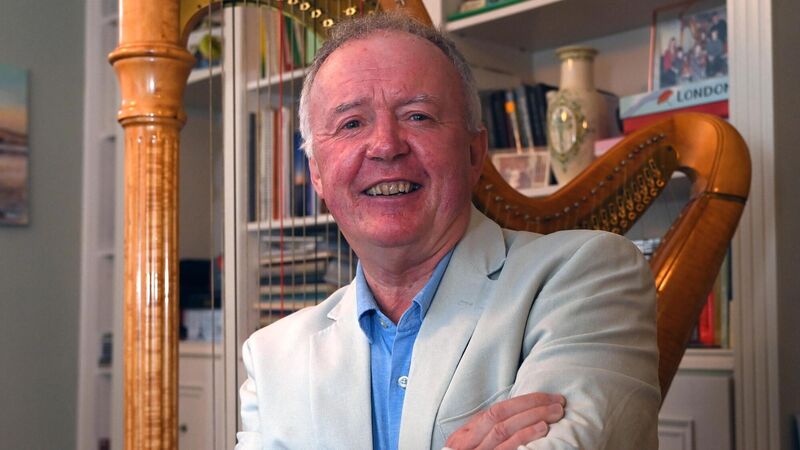Culture That Made Me: Cork conductor Gerry Kelly on Bach, La Bohème, and Timmy the Brit

Gerry Kelly leads the Cork Pops Orchestra in a series of concerts for schools. Picture: Eddie O'Hare
Born in 1953, Gerry Kelly, grew up on the grounds of Clongowes Wood College, Co Kildare. His father, the arranger and composer TC Kelly, was music master at the college. Gerry studied as a cellist at the Folkwang Hochschule in Essen, West Germany. In 1978, he joined Cork School of Music where he lectured for 30 years. In 1991, he co-founded Cork Pops Orchestra with his wife, Evelyn Grant. They have four children, all professional musicians. The Cork Pops Orchestra concerts for schools, run at Cork City Hall, Tuesday-Friday, November 12-15 See: www.corkpops.ie.



